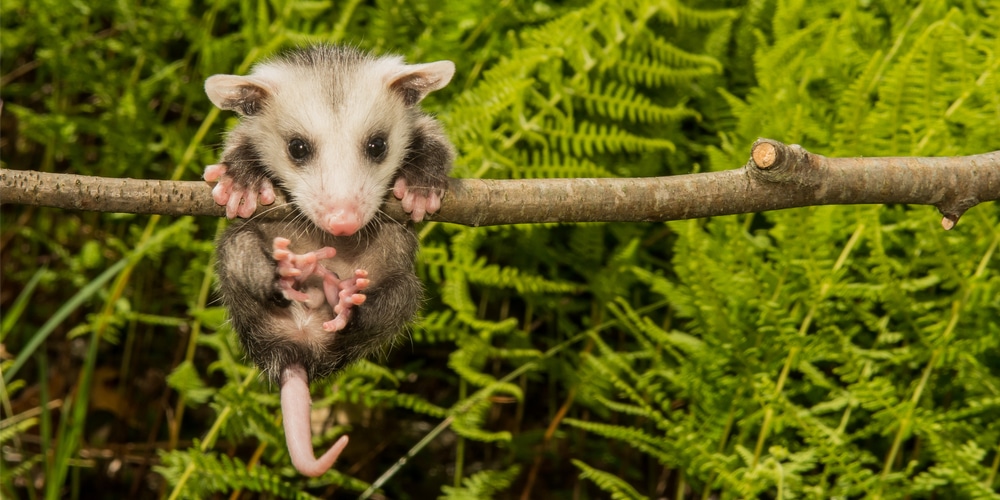Possums, often misunderstood creatures, play a significant role in our ecosystem. Understanding their diet is crucial for both wildlife enthusiasts and those looking to manage possum populations in their vicinity. In this article, we will delve deep into the question: What do possums eat?

Possums, also known as opossums in North America, are nocturnal marsupials known for their adaptability and scavenging habits. Their diet is diverse and varies based on their habitat and availability of food sources. This comprehensive guide aims to provide detailed insights into the dietary habits of possums, addressing common questions and offering valuable information for anyone interested in these fascinating creatures.
Key Takeway
- Possums are omnivores, consuming a wide variety of foods including fruits, vegetables, insects, small animals, and carrion.
- Their diet can change based on seasonal availability and environmental factors.
- Possums play a vital role in controlling insect populations and cleaning up carrion.
Detailed Explanation
Who: Understanding Possum Species and Their Habitats
There are over 60 species of possums, with the most common in North America being the Virginia opossum (Didelphis virginiana). These adaptable creatures can be found in diverse habitats ranging from forests to urban areas. Their diet reflects the variety of environments they inhabit, showcasing their opportunistic feeding behavior.
Timeline: Seasonal Variations in Possum Diets
Possum diets can vary significantly with the seasons:
- Spring: As new plant growth emerges, possums consume a variety of fresh fruits, flowers, and insects.
- Summer: The abundance of insects, small animals, and fruits like berries and apples provides a rich diet.
- Fall: Possums focus on high-calorie foods such as nuts and seeds to prepare for the winter months.
- Winter: Food scarcity leads possums to scavenge more, relying on carrion and human garbage.
Impact
Possums can impact both personal and professional lives in various ways. For homeowners, possums may become a nuisance by scavenging through garbage or eating pet food. However, they also provide benefits by controlling pest populations and cleaning up carrion, which can reduce the spread of disease. For wildlife professionals, understanding possum diets is crucial for managing their populations and ensuring their role in the ecosystem is maintained.
Reactions
Media Reaction to possums are mixed. While some view them as pests, others appreciate their ecological benefits. Media coverage often highlights their role in pest control and their unique behaviors, such as “playing possum” to avoid predators. Educational campaigns have helped shift public perception, emphasizing the importance of possums in maintaining ecological balance.
Future Prospects and Upcoming Plans
The future prospects for possums involve continued research and conservation efforts. Upcoming plans include habitat preservation initiatives and public education programs to promote coexistence with these creatures. As urbanization continues, understanding and mitigating human-wildlife conflicts will be essential for the well-being of possum populations.
In conclusion, possums are omnivorous creatures with a diverse diet that adapts to their environment and seasonal changes. They play a crucial role in ecosystems by controlling pests and cleaning up carrion. By understanding what do possums eat, we can better appreciate their ecological contributions and find ways to coexist harmoniously with these fascinating marsupials.
Whether you are a wildlife enthusiast, a homeowner, or a professional in the field, this comprehensive guide provides valuable insights into the dietary habits of possums. By staying informed and promoting coexistence, we can ensure that possums continue to thrive and contribute positively to our environment.

